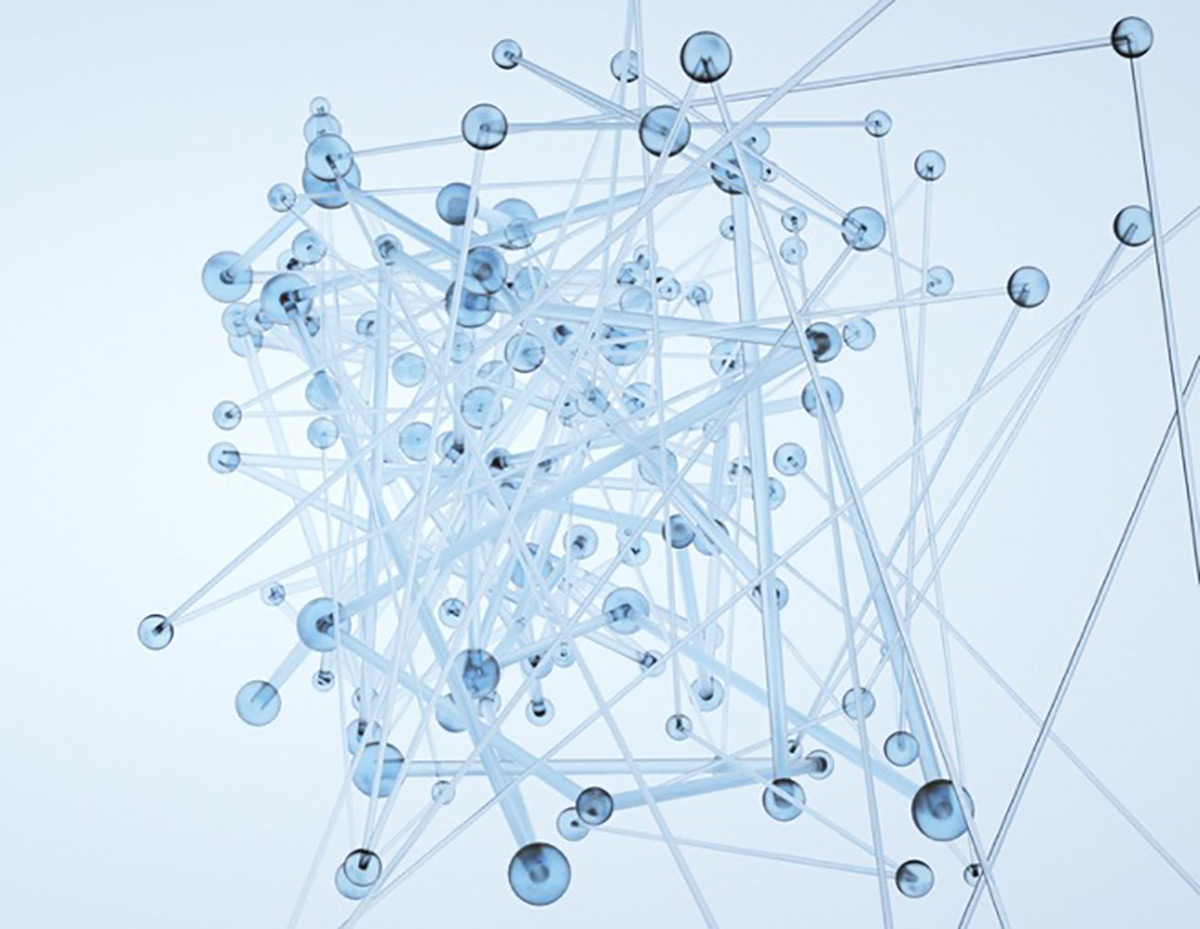Rare diseases and artificial intelligence

“Rare diseases” are, on the whole, more common than people think. But because they only affect a relatively small number of people at a time, therapies are often complex and expensive. Who should fund such therapies, and how is artificial intelligence helping to develop better therapies?

There are approximately 7,000 known rare diseases and about 350 million people are affected by them worldwide, about 500,000 in Switzerland alone. Rare diseases are therefore not as rare as one might think. Often children are affected by rare diseases and die early or suffer from a lifelong chronic disability.
Therapies for rare diseases can usually only be developed and implemented at particularly high technical and financial cost. This raises ethical, legal and political questions. For example, how and whether the public health system should fund such therapies.
Artificial intelligence has the potential to simplify and support the diagnosis of a disease. Using big datasets and artificial intelligence, technologies could be developed for tailored patient care. However, this raises questions about data protection or personal rights of patients.
Can we confront the natural problem of rare diseases with the means of artificial intelligence? And what are the ethical, legal and medical challenges in the healthcare system that need to be solved?
Immerse yourself in the world of rare diseases. We will explain the diagnosis and research of rare skin diseases in the past displaying so-called moulages and invite you to discuss with us questions about the current situation of rare diseases and its legal, ethical and social challenges. Take a look into the future and experience how artificial intelligence can be used for diagnosis.
